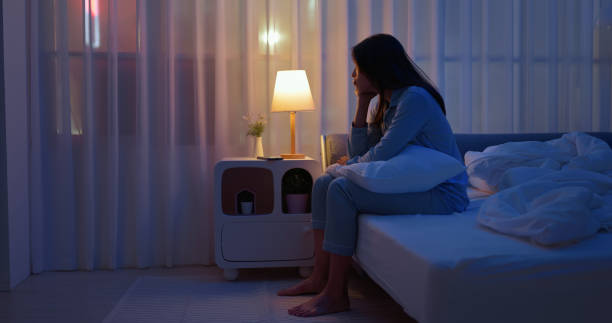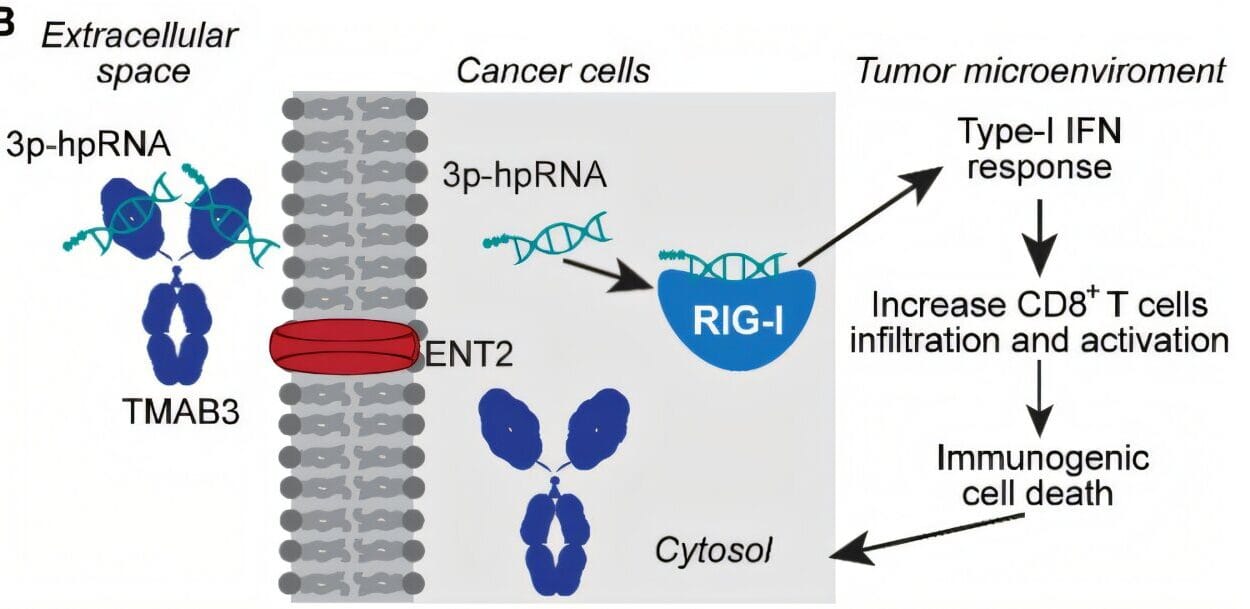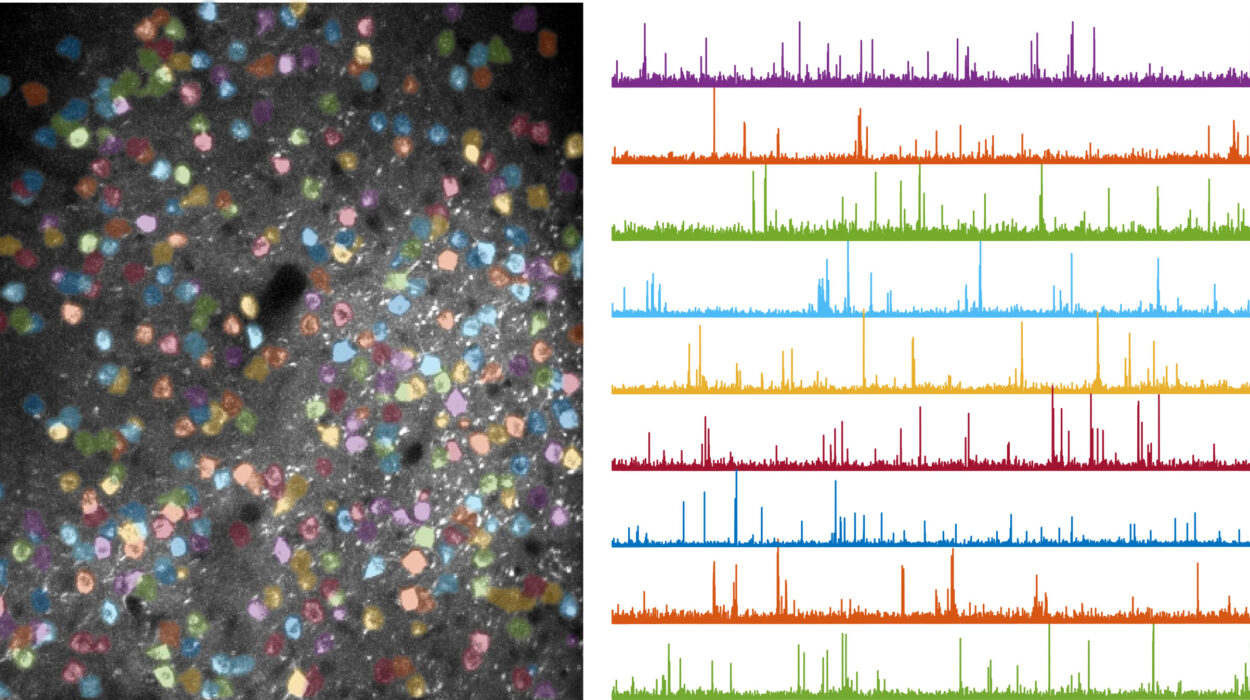It is two in the morning, and you are lying in bed, staring at the ceiling. Your body is tired, your eyes heavy, but your mind refuses to rest. Thoughts circle endlessly, the clock ticks louder with every passing minute, and sleep feels like a distant dream. For millions around the world, this is not a rare frustration but a nightly reality. This condition—insomnia—affects not only how people sleep but how they live, think, and feel.
Insomnia is more than a simple inconvenience; it is one of the most common sleep disorders and has profound effects on health, productivity, and overall quality of life. It can drain physical energy, cloud mental clarity, and erode emotional stability. Left untreated, chronic insomnia increases the risk of serious health conditions, from heart disease to depression. To understand insomnia is to uncover a complex interplay of biology, psychology, and environment—each shaping why some people fall asleep with ease while others battle through restless nights.
What is Insomnia?
Insomnia is defined as persistent difficulty falling asleep, staying asleep, or waking up too early, despite having the opportunity to rest. It is not just a single bad night’s sleep—it becomes a disorder when these difficulties occur regularly and affect daily functioning.
Sleep itself is a fundamental biological process. Our bodies rely on it to repair tissues, consolidate memory, regulate hormones, and restore energy. When sleep is disrupted, the body and mind cannot perform these essential functions properly. Insomnia, therefore, is not only a nighttime problem; it seeps into daytime life, affecting work, relationships, and overall well-being.
There are two broad categories of insomnia:
- Acute insomnia, which is short-term and often triggered by stress, life events, or environmental changes.
- Chronic insomnia, which lasts at least three nights a week for three months or longer, often involving a more complicated mix of biological and psychological factors.
Both types can profoundly disrupt life, but chronic insomnia is especially concerning because of its long-term effects on physical and mental health.
Causes of Insomnia
The causes of insomnia are rarely simple. For some, it begins with a stressful period and resolves once the stressor passes. For others, it becomes a long-term struggle, fueled by multiple overlapping factors.
Stress and Anxiety
Stress is one of the most common triggers of insomnia. When the brain is locked in “fight-or-flight” mode, stress hormones like cortisol and adrenaline surge through the body, making it nearly impossible to relax. Anxiety further compounds the problem, filling the mind with racing thoughts or fears that replay endlessly at night. The bed, instead of being a place of comfort, becomes associated with tension and worry.
Medical Conditions
Insomnia often appears as a symptom of other health problems. Chronic pain conditions, such as arthritis or fibromyalgia, can make comfortable sleep nearly impossible. Respiratory illnesses like asthma or sleep apnea interrupt breathing and wakefulness. Gastrointestinal issues such as acid reflux can flare up at night, disturbing rest. Neurological conditions, including Parkinson’s disease and Alzheimer’s disease, also commonly disrupt sleep cycles.
Mental Health Disorders
There is a strong link between insomnia and mental health conditions. Depression frequently includes sleep disturbances, either in the form of insomnia or excessive sleep. Anxiety disorders, post-traumatic stress disorder (PTSD), and bipolar disorder often involve disrupted sleep patterns as well. In fact, insomnia is so tightly connected to mental health that many psychiatrists view it as both a symptom and a potential contributing factor.
Medications and Substances
Certain medications, including some antidepressants, corticosteroids, and stimulants, can interfere with sleep. Substances such as caffeine, nicotine, and alcohol also play significant roles. Caffeine and nicotine are stimulants that delay sleep onset, while alcohol—often mistakenly used as a sleep aid—disrupts deeper stages of sleep, leading to fragmented rest.
Lifestyle and Environmental Factors
Irregular sleep schedules, frequent travel across time zones, or night-shift work can throw off the body’s circadian rhythm, the internal clock that regulates sleep and wake cycles. Environmental disturbances—such as noise, light, or uncomfortable room temperatures—further interfere with sleep quality.
Learned Insomnia
Sometimes, insomnia becomes self-perpetuating. A person may begin with a short period of poor sleep due to stress, but the worry about not sleeping creates more stress, which in turn makes sleep even harder to achieve. Over time, the brain learns to associate the bed with wakefulness rather than rest, creating a vicious cycle.
Symptoms of Insomnia
The primary symptom of insomnia is difficulty falling asleep, staying asleep, or both. But its impact goes far beyond the night. Insomnia’s effects ripple into daytime functioning, creating a host of secondary symptoms.
- Nighttime symptoms include lying awake for long periods, waking up frequently during the night, waking up too early, and feeling unrefreshed upon waking.
- Daytime symptoms may involve fatigue, irritability, mood swings, poor concentration, memory problems, and reduced performance at work or school.
For some, insomnia leads to microsleeps—brief, unintended episodes of sleep during the day, often dangerous when driving or operating machinery. Over time, these symptoms can severely impair relationships, job stability, and quality of life.
The Biology of Sleep and Insomnia
To understand insomnia, it helps to understand how sleep works. Sleep is not a uniform state but a cycle of stages, including non-rapid eye movement (NREM) and rapid eye movement (REM) sleep. These stages are crucial for different functions—NREM for physical restoration and REM for memory and emotional processing.
The circadian rhythm regulates when we feel awake or sleepy, while homeostatic sleep drive builds up the longer we stay awake, pushing us toward rest. In people with insomnia, these systems can become dysregulated. Stress hormones, overactive brain circuits, and imbalances in neurotransmitters like serotonin, dopamine, and gamma-aminobutyric acid (GABA) all contribute to difficulties in initiating or maintaining sleep.
Brain imaging studies show that people with insomnia often have increased activity in brain regions associated with alertness and worry, even when lying in bed. This hyperarousal state explains why insomnia is not simply “not being tired” but a deeper neurological problem.
Diagnosis of Insomnia
Diagnosing insomnia requires more than acknowledging poor sleep—it involves identifying patterns, underlying causes, and the impact on daily life.
Doctors often begin with a thorough medical history, asking about sleep habits, lifestyle, stressors, and other health conditions. Patients may be asked to keep a sleep diary, recording bedtimes, wake times, sleep quality, and daytime symptoms over several weeks.
Questionnaires such as the Insomnia Severity Index (ISI) help measure the intensity of symptoms. In some cases, sleep studies (polysomnography) are used, especially if other disorders like sleep apnea are suspected. These studies record brain waves, oxygen levels, heart rate, and breathing during sleep to provide a detailed picture.
It is crucial to rule out other sleep disorders, such as restless legs syndrome or narcolepsy, which can mimic or overlap with insomnia.
Treatment of Insomnia
Treating insomnia requires addressing both the symptoms and the root causes. The most effective approaches often combine behavioral, psychological, and medical strategies.
Cognitive Behavioral Therapy for Insomnia (CBT-I)
CBT-I is widely considered the gold standard treatment for chronic insomnia. Unlike sleeping pills, which provide temporary relief, CBT-I tackles the underlying patterns that sustain insomnia. It involves:
- Sleep restriction therapy, limiting the time spent in bed to increase sleep efficiency.
- Stimulus control, training the brain to associate the bed with sleep rather than wakefulness.
- Cognitive therapy, addressing anxieties and misconceptions about sleep.
- Relaxation techniques, such as deep breathing, meditation, or progressive muscle relaxation.
Studies show CBT-I can produce long-term improvements in sleep and overall well-being, often outperforming medication.
Lifestyle and Sleep Hygiene
Improving “sleep hygiene” refers to adopting habits and creating an environment conducive to rest. This includes maintaining a consistent sleep schedule, reducing caffeine and alcohol, avoiding screens before bedtime, keeping the bedroom cool and dark, and using the bed only for sleep and intimacy.
Exercise during the day, exposure to natural light, and stress-reducing activities like yoga or mindfulness meditation also support healthy sleep.
Medications
While behavioral therapies are preferred, medications may be prescribed for short-term relief or in severe cases. These include benzodiazepines, non-benzodiazepine hypnotics (such as zolpidem), melatonin receptor agonists, and certain antidepressants.
However, medications carry risks of dependency, tolerance, and side effects such as daytime drowsiness, memory problems, or impaired coordination. For this reason, they are usually recommended for limited use under careful medical supervision.
Natural and Alternative Therapies
Some people turn to natural remedies, such as melatonin supplements, valerian root, or chamomile tea. While melatonin may be useful for circadian rhythm disorders like jet lag, evidence for many herbal supplements remains mixed. Practices like acupuncture, aromatherapy, or mindfulness-based interventions show promise but require more research.
Addressing Underlying Conditions
If insomnia is caused by another medical or psychiatric condition, treating that condition is essential. For example, managing chronic pain, treating sleep apnea with continuous positive airway pressure (CPAP), or addressing depression with therapy may resolve sleep difficulties.
The Consequences of Untreated Insomnia
Ignoring insomnia can have serious consequences. Chronic sleep deprivation is linked to an increased risk of cardiovascular disease, obesity, diabetes, weakened immunity, and shortened lifespan. Mental health is particularly vulnerable—insomnia not only worsens conditions like depression and anxiety but may also contribute to their onset.
On a societal level, insomnia costs billions in lost productivity, accidents, and healthcare expenses each year. Sleep-deprived workers are more prone to mistakes, injuries, and poor decision-making. In this sense, insomnia is not just a personal struggle but a public health issue.
The Future of Insomnia Treatment
Research into insomnia is rapidly evolving. Advances in brain imaging and genetics are deepening our understanding of the biological mechanisms behind sleeplessness. New medications targeting specific neurotransmitters, as well as digital therapeutics delivering CBT-I through apps, are expanding treatment options.
Wearable devices and smart technology now allow people to monitor sleep patterns at home, providing insights once only available in labs. Artificial intelligence is being used to personalize treatment plans based on individual sleep data.
Perhaps most importantly, there is growing recognition that sleep is not a luxury but a necessity—on par with nutrition and exercise. Public awareness campaigns are shifting cultural attitudes, challenging the idea that “sleeping less means working harder” and promoting sleep as essential to health and success.
Living Beyond Insomnia
For those who suffer from insomnia, the journey to restful sleep can be long and frustrating. But it is important to remember that insomnia is treatable. With the right combination of therapies, lifestyle adjustments, and medical care, most people can restore healthy sleep.
Sleep is not simply the absence of wakefulness; it is a vital rhythm of life. It is the body’s way of healing, the mind’s way of dreaming, and the soul’s way of finding peace. To reclaim sleep is to reclaim vitality, resilience, and joy. For anyone battling insomnia, the path may be challenging, but it is also one of the most rewarding journeys toward wholeness.






